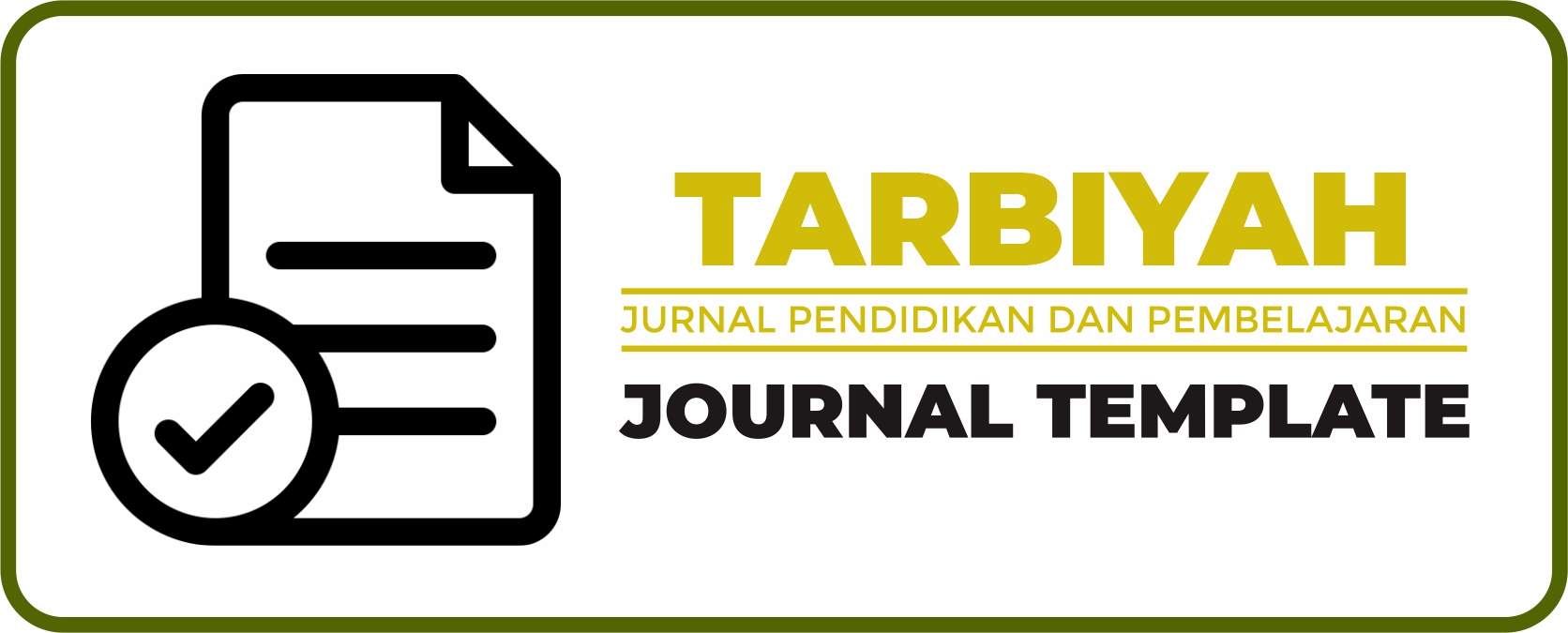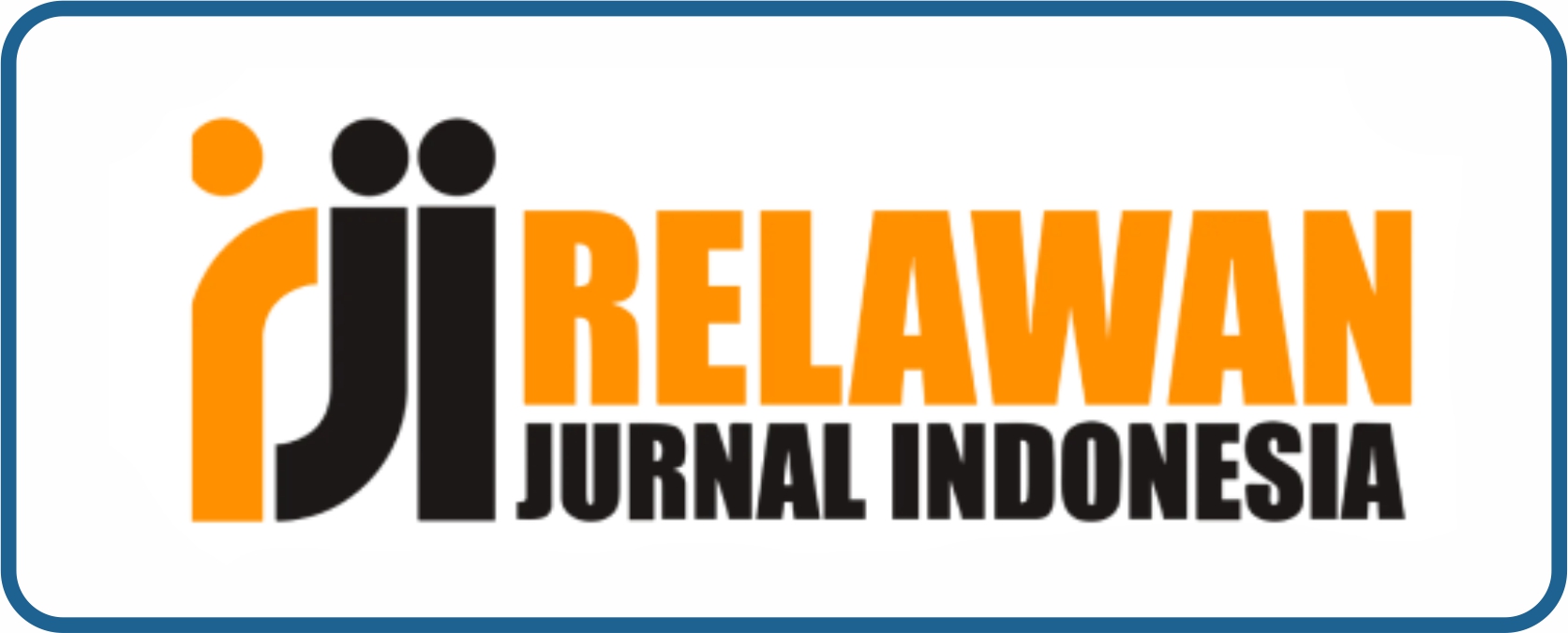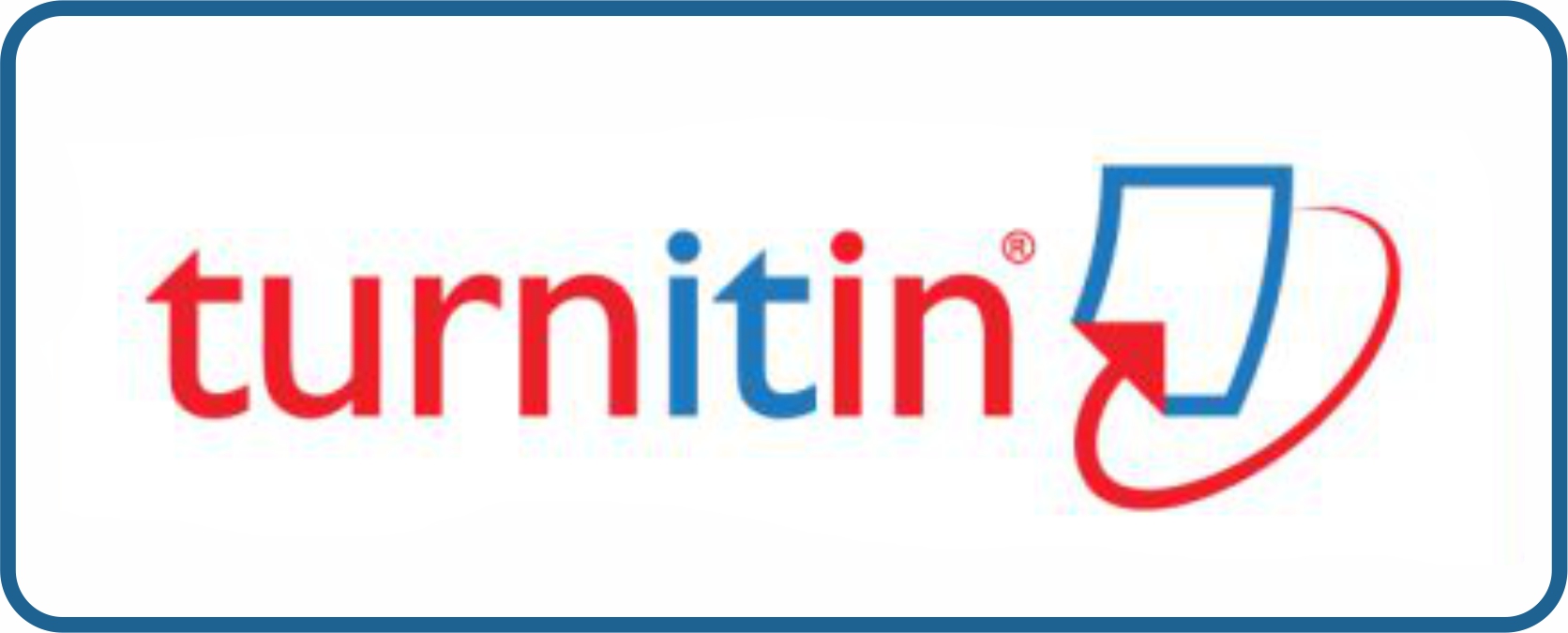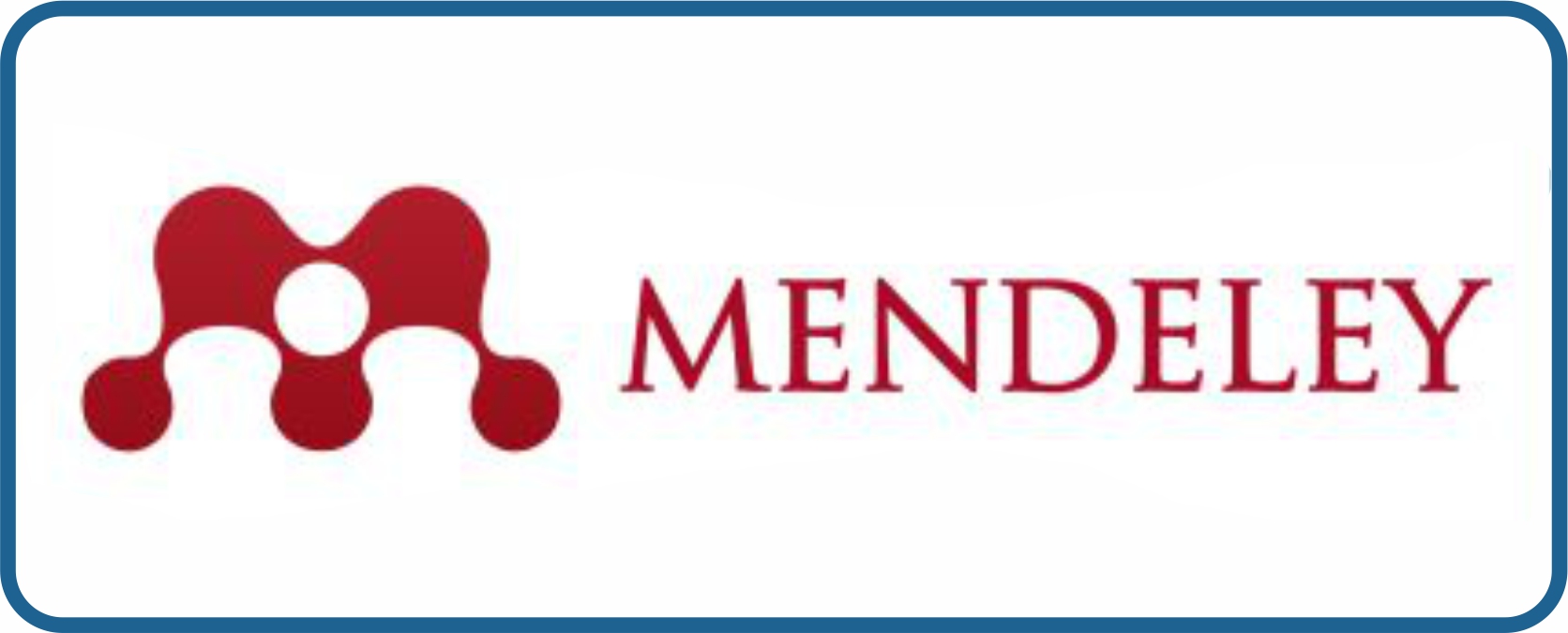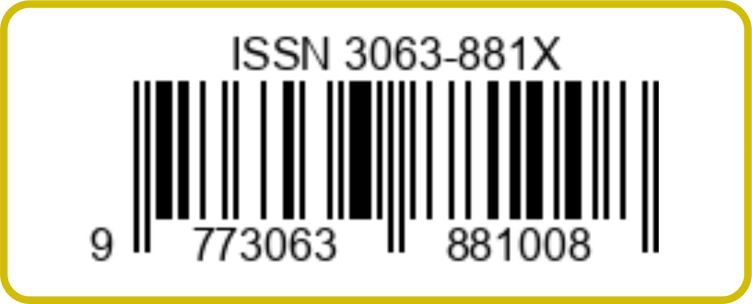Model Bimbingan dan Konseling Untuk Generasi Z dalam Menghadapi Era Revolusi Industri 4.0
Guidance and Counseling Model for Generation Z in Facing the Industrial Revolution 4.0 Era
Keywords:
Guidance and Counseling, Generation Z, Era of Industrial Revolution 4.0Abstract
The era of the industrial revolution 4.0 requires humans to be able to adapt to technology and machine automation. With technology, all human activities can be carried out easily. This is what Generation Z is now facing, where they are known as digital natives who are used to technology. Generation Z is known as a generation that lives side by side and cannot be separated from technology. Therefore, the education process, including the provision of guidance and counseling services, must also be adapted to the characteristics of Generation Z, which cannot be separated from technology. The method used in this research is the content analysis. The conclusion of this research is that in providing services to generation z in this era, the BK service method that can be used is the online counseling or cybercounseling method.
Downloads
References
Adlini, M. N., Dinda, A. H., Yulinda, S., & Chotimah, O. (2022). Metode Penelitian Kualitatif Studi Pustaka. Jurnal Edumaspul, 6(1), 974–980.
Dito, S. B., & Pujiastuti, H. (2021). Dampak Revolusi Industri 4.0 Pada Sektor Pendidikan: Kajian Literatur Mengenai Digital Learning Pada Pendidikan Dasar dan Menengah. Jurnal Sains Dan Edukasi Sains, 4(2), 59–65. https://doi.org/10.24246/juses.v4i2p59-65
Doringin, F., Tarigan, N. M., & Prihanto, J. N. (2020). Pendidikan di Era Revolusi Industri 4.0. JCTES: Science for Society, 1(1), 43–48.
Gulo, R. P. (2023). Peran Generasi Z dalam Mengekspansi Misiologi di Era Society 5.0. Jurnal Teologi Dan Pendidikan Kristen, 2(1), 120–125. https://doi.org/10.56854/pak.v1i1.210
Hidayah, N. (2020). Aplikasi Cybercounseling Kognitif Perilaku Bagi Guru BK di Era Revolusi Industri 4.0. Prosiding Seminar & Lokakarya Nasional Bimbingan Dan Konseling 2020 PD ABKIN JATIM & UNIPA SBY, 13–30. https://ojs.abkinjatim.org/index.php/ojspdabkin/article/view/13
Matondang, A. (2019). Dampak Modernisasi Terhadap Kehidupan Sosial Masyarakat. Wahana Inovasi, 8(2), 122–130.
Mufidah, E. F., & Atikah, J. F. (2020). Layanan Bimbingan Dan Konseling Ditengah Pandemi Covid-19. Prosiding Seminar & Lokakarya Nasional Bimbingan Dan Konseling 2020, 1(1), 490–486.
Nawawi, M. I. (2020). Pengaruh Media Pembelajaran terhadap Motivasi Belajar: Tinjauan berdasarkan Karakter Generasi Z. Jurnal Penelitian Dan Pengkajian Ilmu Pendidikan: E-Saintika, 4(2), 197. https://doi.org/10.36312/e-saintika.v4i2.216
O’ Connor, P., Becker, K., & Fewster, K. (2018). Tolerance of ambiguity at work predicts leadership, job performance, and creativity. Creating Uncertainty Conference: Benefits for Individuals, Teams, and Organizations, July, 1–5. https://eprints.qut.edu.au/120614/1/Tolerance of Ambiguity_2018.pdf
Pambudi, R., Budiman, A., Rahayu, A. W., Sukanto, A. N. R., & Hendrayani, Y. (2023). Dampak Etika Siber Jejaring Sosial Pada Pembentukan Karakter Pada Generasi Z. JSIM: Jurnal Ilmu Sosial Dan Pendidikan, 4(3).
Qurniawati, R. S., & Nurohman, Y. A. (2018). eWOM pada generasi Z di media. Jurnal Ekonomi Manajemen Sumber Daya, 20(2), 70–80.
Rahmad, M., Husen, M., & Fajriani. (2019). Analisis Kebutuhan Siswa Dalam Penyusunan Program Layanan Bimbingan dan Konseling. Jurnal Ilmiah Mahasiswa Bimbingan Dan Konseling, 4(2), 88–98.
Reza, F., & Tinggogoy, F. L. (2022). Konflik Generasi Z Di Bidang Pendidikan Di Era Revolusi Industri 4.0 Tantangan dan Solusinya. PARADIGMA : Jurnal Administrasi Publik, 1(2), 142–155.
Santika, I. G. N. (2021). Grand Desain Kebijakan Strategis Pemerintah Dalam Bidang Pendidikan Untuk Menghadapi Revolusi Industri 4.0. Jurnal Education and Development Institut Pendidikan Tapanuli Selatan, 9(2), 369–377.
Seemiller, C., & Grace, M. (2017). Generation Z: Educating and Engaging the Next Generation of Students. About Campus: Enriching the Student Learning Experience, 22(3), 21–26. https://doi.org/10.1002/abc.21293
Umrati, & Wijaya, H. (2020). Analisis Data Kualitatif Teori Konsep dalam Penelitian Pendidikan. Sekolah Tinggi Theologia Jaffaray.
Downloads
Published
How to Cite
Issue
Section
License
Copyright (c) 2024 Nur Madani Fitri, Aswar Aswar

This work is licensed under a Creative Commons Attribution-NonCommercial-ShareAlike 4.0 International License.
Most read articles by the same author(s)
- Sarah Shafa Zahrani, Aswar Aswar, Era 4.0: Tabir Layanan Bimbingan dan Konseling Berbasis Teknologi , TARBIYAH: Jurnal Pendidikan dan Pembelajaran : Vol. 1 No. 1 (2024): TARBIYAH: Jurnal Pendidikan dan Pembelajaran
- Syahraeni Amna, Aswar Aswar, Mengintegrasikan Crowdsourcing Dalam Bimbingan Konseling: Pendekatan Baru Untuk Mendapatkan Dukungan Komunitas , TARBIYAH: Jurnal Pendidikan dan Pembelajaran : Vol. 2 No. 2 (2025): TARBIYAH: Jurnal Pendidikan dan Pembelajaran
- Andi Septiana Syaba Tina, Aswar Aswar, Pendidikan yang Memanusiakan: Penerapan Mindfulness Dalam Bimbingan dan Konseling Terhadap Resilensi Siswa , TARBIYAH: Jurnal Pendidikan dan Pembelajaran : Vol. 2 No. 2 (2025): TARBIYAH: Jurnal Pendidikan dan Pembelajaran
- Astrid Apandi, Aswar Aswar, Krisis Efektivitas Bimbingan dan Konseling di Sekolah: Ketika Konselor Menjadi Generalis Tanpa Spesialis , TARBIYAH: Jurnal Pendidikan dan Pembelajaran : Vol. 2 No. 3 (2025): TARBIYAH: Jurnal Pendidikan dan Pembelajaran
- Taufiq Rahman, Aswar Aswar, Penguatan Layanan Bimbingan dan Konseling Berbasis 7 Jurus BK Hebat Membangun Ketahanan Psikososial, Regulasi Diri, dan Koneksi Belajar Peserta Didik , TARBIYAH: Jurnal Pendidikan dan Pembelajaran : Vol. 2 No. 3 (2025): TARBIYAH: Jurnal Pendidikan dan Pembelajaran


